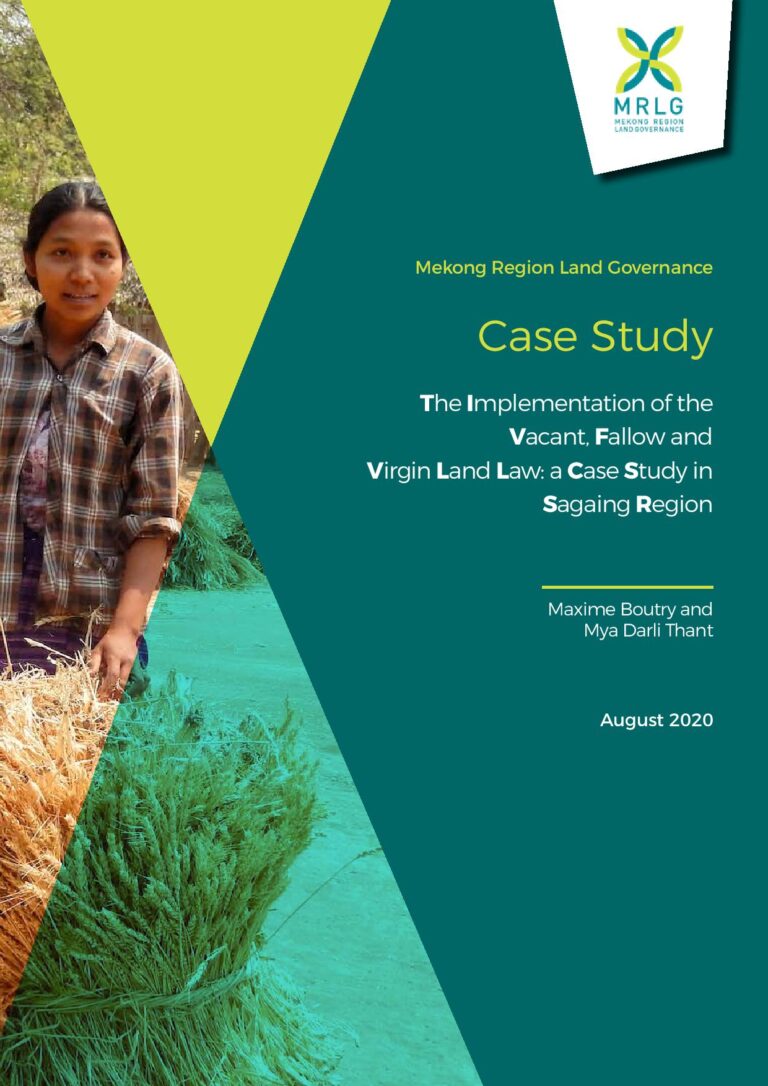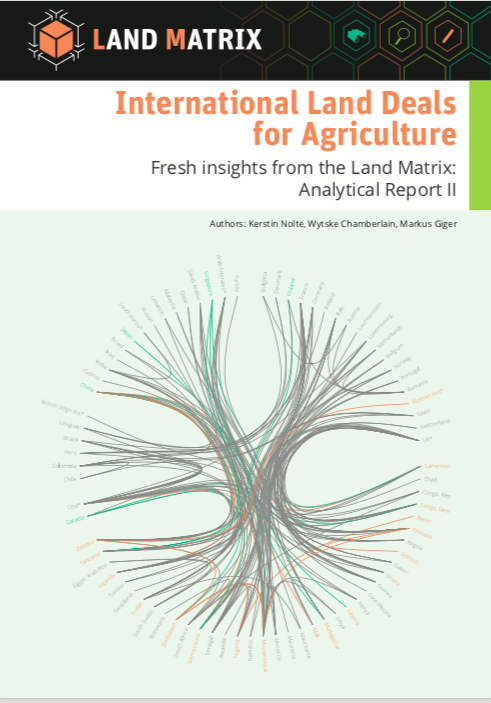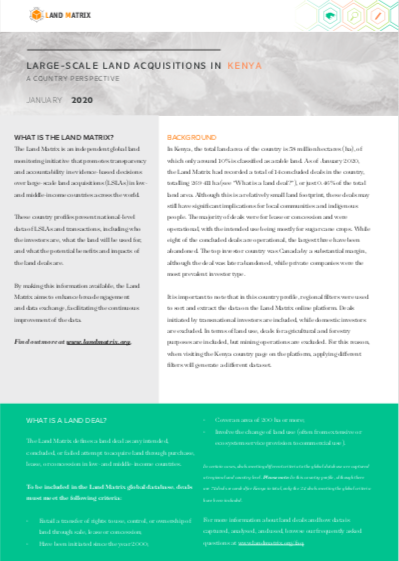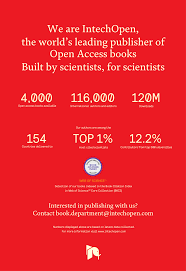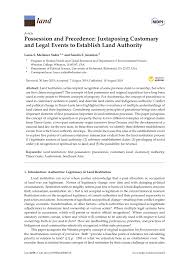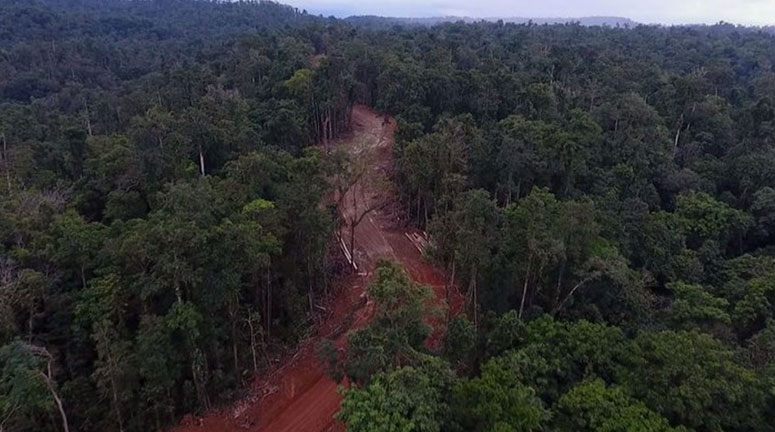Africa's Land Rush: Rural Livelihoods and Agrarian Change
Africa has been at the centre of a "land grab" in recent years, with investors lured by projections of rising food prices, growing demand for "green" energy, and cheap land and water rights. But such land is often also used or claimed through custom by communities. What does this mean for Africa? In what ways are rural people's lives and livelihoods being transformed as a result? And who will control its land and agricultural futures?






